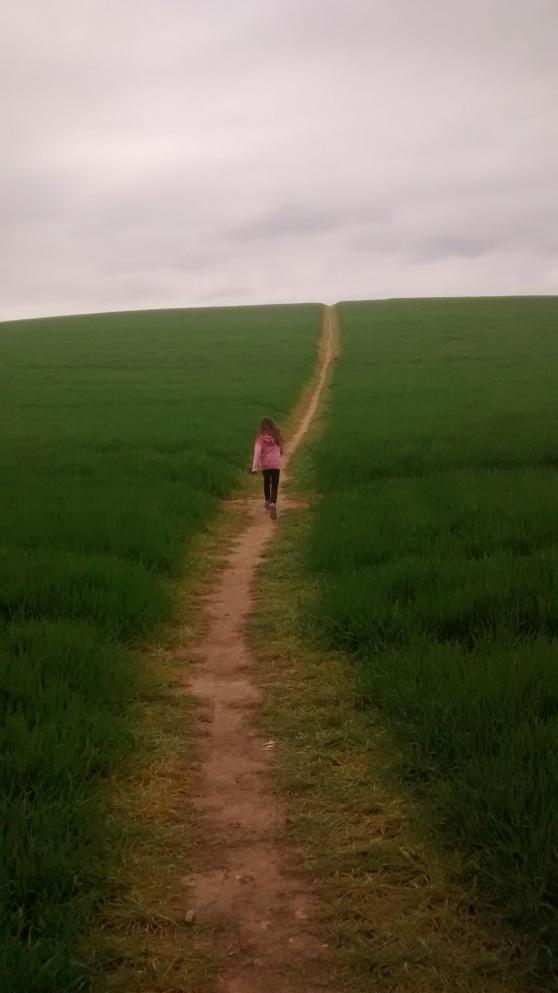The Suffolk Poems are coming on, at a Suffolk pace I admit, but I am loving the whole process. I do my research. I may intentionally seek someone out whose working life I want to observe, or sometimes it can happen a little more serendipitously. I found my farrier when he was carrying out an emergency shoe repair in the car park of my local supermarket – horse, hammer and all. On the day of observation, I spend anything from a few hours to a whole afternoon. I take a small notebook, a pencil and a phone to take photographs or film the odd short video. I have a dedicated Instagram account documenting each of my visits, but mostly it’s about watching and talking. The encounters are gentle, slow, memorable. I strive not to interrupt the ‘process’ as much as possible, asking questions while each person works and it always feels more like conversation, a revelatory exchange. I don’t necessarily want each resulting poem to be a pure description of the trade being carried out. The poem ‘about a thatcher’ has ended up being about his ladder, made bespoke, to the measurements from thatcher’s foot to knee, so as to ensure comfort whilst working. I like the personal stories I am gathering. The farmer I spent a glorious July day with, touring the square mile of land he works, has an avenue of English Oak trees between his and his brother’s farm. Planted to mark a centenary of ownership and link the two families, I have written about those trees and what they signify. The lime plasterer, busy on the scaffold that curtained a 15th century former pub, was keen to tell me that ‘these old buildings are full of stories’ as I watched him apply a creamy sludge to laths. Tools down, he leaves more than just a repair, he has added to that building’s narrative and leaves a legacy lasting (another) 500 years. I’m exploring other occupations too – those who may not be using their hands so explicitly, but whose livelihoods depend on being in East Anglia, being inside its ancient buildings. I interviewed the vicar of a small, remote church, its simple frame tucked behind a mere, out of sight from the road. Meeting under rafters, Reverend Liz Law and I slid into a pew, and talked about that building, its importance to her tiny parish, how it exists in the modern age. The Hadleigh bell ringers were a joyous bunch: gathered like excited bees in the tower until their Captain called them into silent concentration and the physically demanding task of practice. My day with the blacksmith could almost be a favourite so far. I spent two hours at his workshop, situated on a farm just outside the village of Framlingham, observing the sheer skill of what he does, learnt many new words, discovered that sparks can be ‘read’, felt heat rise from the anvil, and listened to a hammer’s bounce on metal. Let me tell you, there is music in that moil.
I refer to the collection as The Suffolk Poems and there are many more people, and poems, to come: boat builder, brewer, artist, woodsman. Suggestions are always welcome. But in the summer, watching John the blacksmith begin to make a Suffolk latch, I decided that’s what I’m going to call the book: Latch. These poems are about people’s significant connections to this county; how their presence graces land and loam. There will also be a personal thread included in the collection about my daughter. I have loved watching her grow up in our very old house. Her interaction with the ‘history’ she encounters under its roof and the small part she plays in the building’s story. My childhood roots are here in Suffolk, my daughter’s are forming. She is beginning to make her own associations with this place, no longer an infant in my clasp, but still running the same rural tracks that I did.

It sounds fascinating and an important way to capture these trades and traditions. I am very much looking forward to your reading on Saturday 30th for Suffolk Poetry Society at Alde Valley festival Cornucopia and also at Poetry in Aldeburgh.
Thanks very much Sue. See you soon.
I really like the concept of the rungs on the thatcher’s ladder. I work with a chap in Lavenham who has observed that the tools we work with never need sharpening, as they sharpen themselves to the best angle through usage. In general the concept of information to accomplish a process to make something being ‘hidden in plain view’, unless one is privy to that knowledge (as in the sound of the hammer on metal and colour of the sparks) has always intrigued me. The path through the field in the photo looks familiar, does it run through David Lane’s field at the bottom of Prentice Street?
Thank you for your interesting comments, especially about tools sharpening themselves. I know the path you mean in Lavenham, but this one is actually in Bures.
What a lovely post, Rebecca, and thank you so much for your inspirational input this afternoon at Cornucopia. I was amazed to find how few ‘making’ poems I had written to date…
Caroline
It was lovely to see you Caroline. Thank you so much for your valuable contributions to the workshop yesterday, and good to hear you read again. Here’s to more ‘making’ poems.
I’m looking forward to reading the Suffolk poems. The title, ‘Latch’, is brilliant – so resonant.
Thanks Shirley xx
Pingback: Something Strange and Wonderful – Rebecca Goss